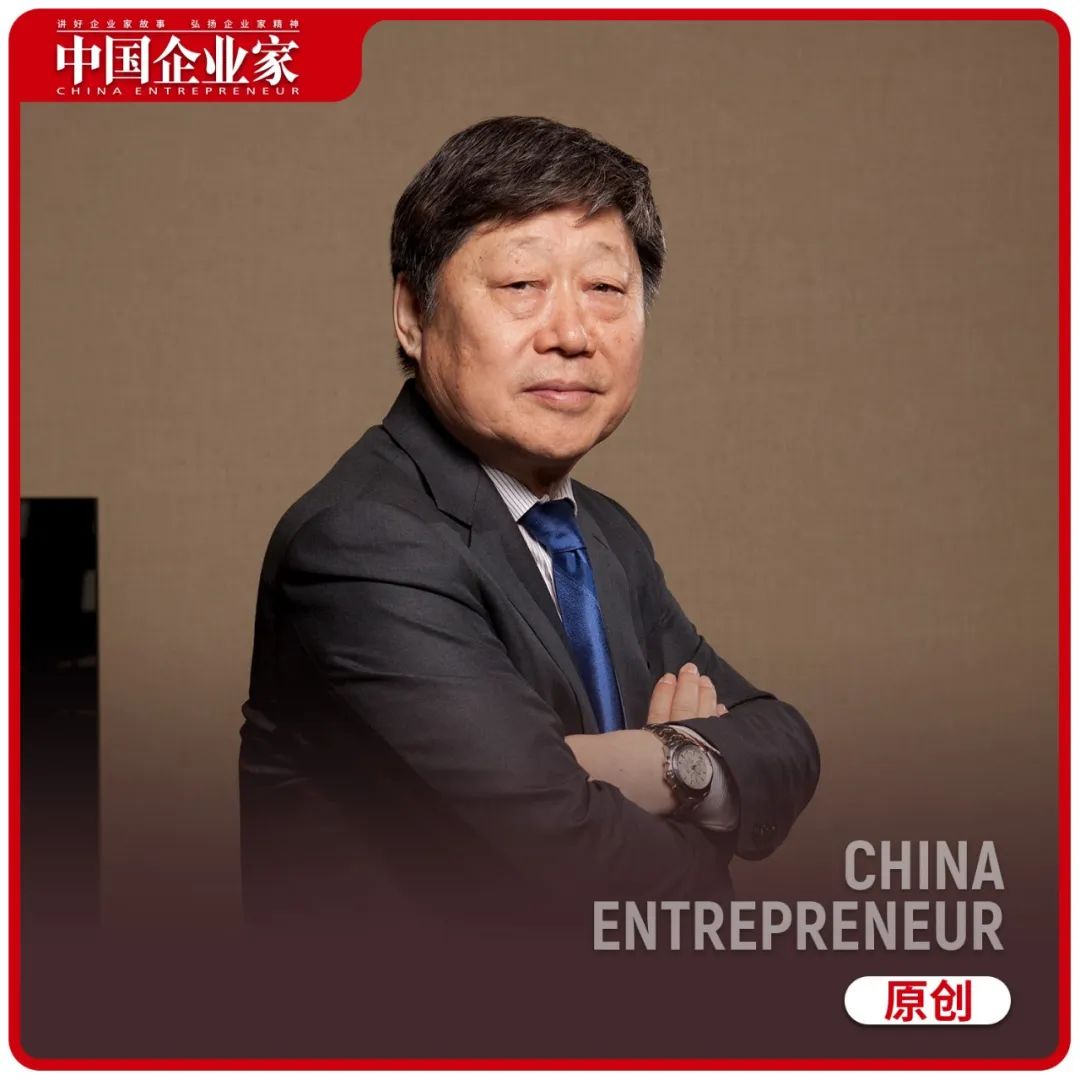"Informed AI News" is an publications aggregation platform, ensuring you only gain the most valuable information, to eliminate information asymmetry and break through the limits of information cocoons. Find out more >>
Zhang Ruimin spent 40 years building Haier Group: from near bankruptcy to annual revenue exceeding 370 billion yuan.
- summary
- score

Zhang Ruimin, former chairman of the board of directors of Haier Group, spent 40 years transforming a small factory on the brink of bankruptcy into a global enterprise with annual revenue exceeding 370 billion yuan. Drawing on the wisdom of Confucius, Sun Tzu, and Laozi, he drove corporate innovation.
Zhang believed that the internet eliminates distance, necessitating the evolution of enterprises into ecosystems. He advocated the concept of "zero distance," enabling autonomous innovation from users to products to functional departments.
His office houses 5,000 books, and he reads more than two books a week, with a wide range of interests. He dislikes socializing but is passionate about engaging with scholars, believing that conversations should be enlightening.
In 1984, Zhang took over Qingdao Refrigerator General Factory, facing significant challenges. He borrowed from Confucian teachings to enact 13 management "military regulations," galvanizing the workforce. He smashed 76 defective refrigerators, changing workers' mindsets.
He studied The Art of War, applying strategic thinking to successfully propel Haier into global competition. He insisted on creating自主品牌, enduring 26 years of losses before achieving higher profit margins in overseas markets than through OEM.
Entering the internet era, he drew on Laozi's Tao Te Ching, advocating the concept of "nothingness," empowering employees by decentralizing authority. He believed that in chaotic times, dynamic and non-linear thinking is essential.
Zhang's success lies in aligning with the times and continuously reinventing himself. His management practices are unprecedented and serve as a model for corporate innovation.
| Scores | Value | Explanation |
|---|---|---|
| Objectivity | 6 | 内容非常客观,全面报道和深入分析。 |
| Social Impact | 5 | 内容引发广泛社会讨论,显著影响公众意见。 |
| Credibility | 5 | 内容完全可信,有权威来源的坚实证据。 |
| Potential | 4 | 内容具有高潜力,当几个关键因素对齐时,可能触发。 |
| Practicality | 5 | 内容极其实用,已在实践中广泛应用并取得良好效果。 |
| Entertainment Value | 3 | 内容有一些娱乐价值,可以吸引一部分观众。 |